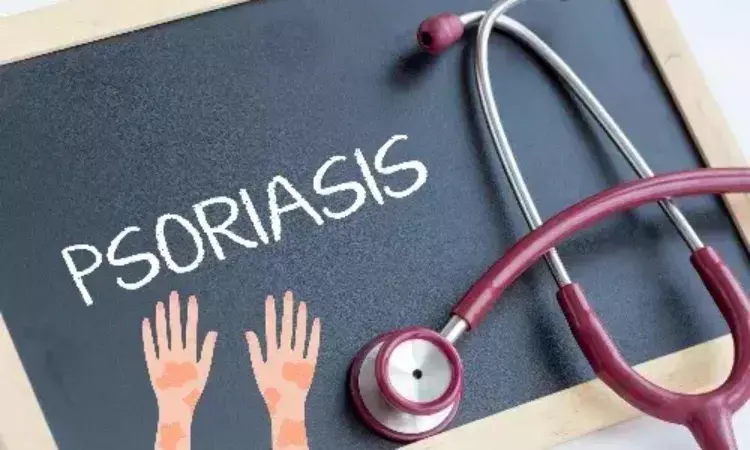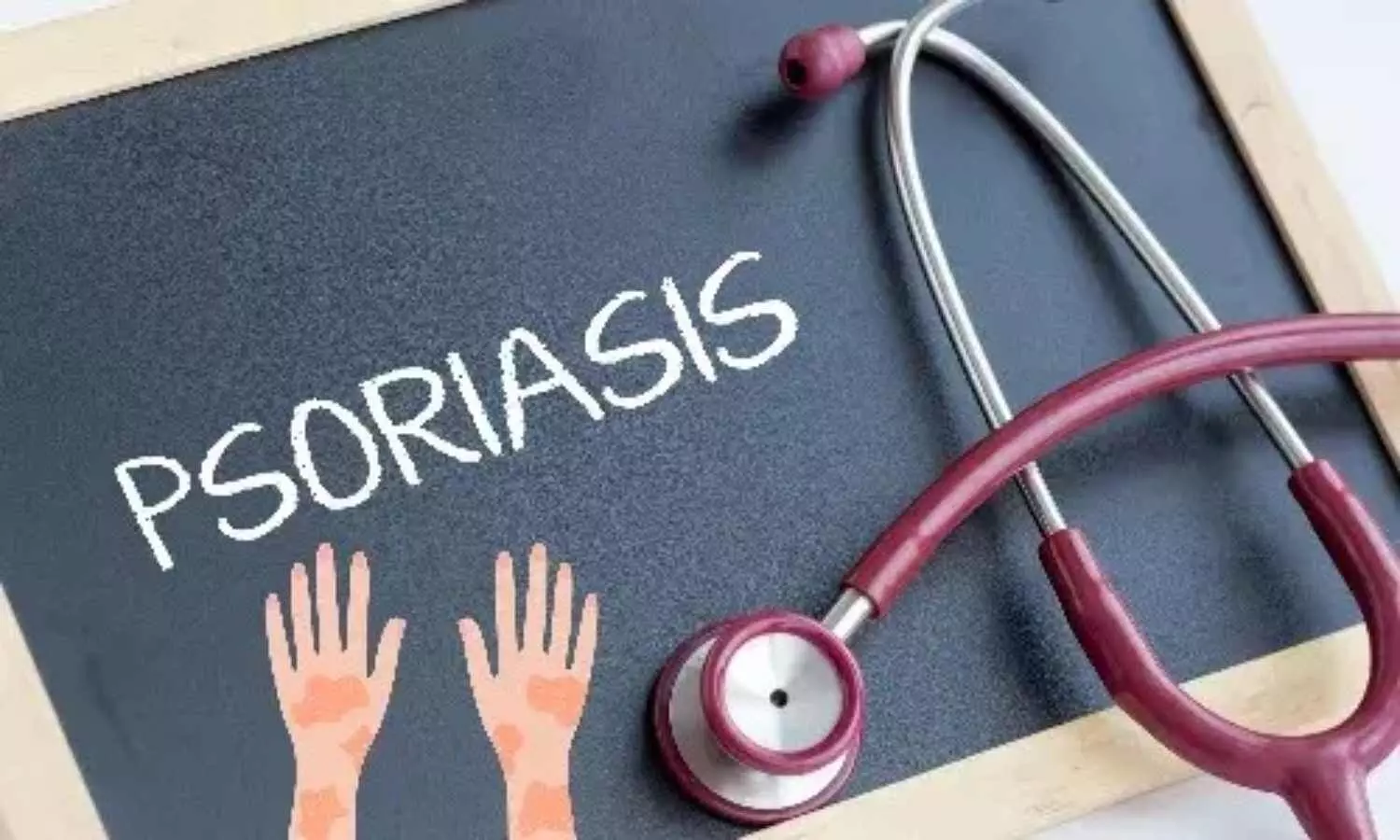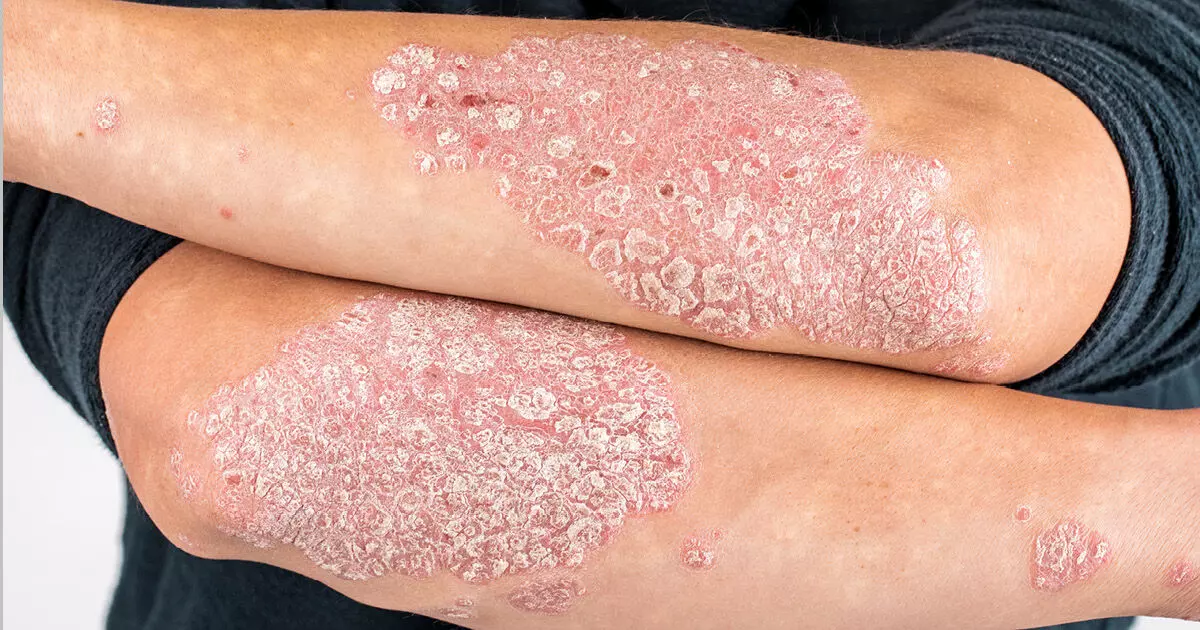- Home
- Medical news & Guidelines
- Anesthesiology
- Cardiology and CTVS
- Critical Care
- Dentistry
- Dermatology
- Diabetes and Endocrinology
- ENT
- Gastroenterology
- Medicine
- Nephrology
- Neurology
- Obstretics-Gynaecology
- Oncology
- Ophthalmology
- Orthopaedics
- Pediatrics-Neonatology
- Psychiatry
- Pulmonology
- Radiology
- Surgery
- Urology
- Laboratory Medicine
- Diet
- Nursing
- Paramedical
- Physiotherapy
- Health news
- Fact Check
- Bone Health Fact Check
- Brain Health Fact Check
- Cancer Related Fact Check
- Child Care Fact Check
- Dental and oral health fact check
- Diabetes and metabolic health fact check
- Diet and Nutrition Fact Check
- Eye and ENT Care Fact Check
- Fitness fact check
- Gut health fact check
- Heart health fact check
- Kidney health fact check
- Medical education fact check
- Men's health fact check
- Respiratory fact check
- Skin and hair care fact check
- Vaccine and Immunization fact check
- Women's health fact check
- AYUSH
- State News
- Andaman and Nicobar Islands
- Andhra Pradesh
- Arunachal Pradesh
- Assam
- Bihar
- Chandigarh
- Chattisgarh
- Dadra and Nagar Haveli
- Daman and Diu
- Delhi
- Goa
- Gujarat
- Haryana
- Himachal Pradesh
- Jammu & Kashmir
- Jharkhand
- Karnataka
- Kerala
- Ladakh
- Lakshadweep
- Madhya Pradesh
- Maharashtra
- Manipur
- Meghalaya
- Mizoram
- Nagaland
- Odisha
- Puducherry
- Punjab
- Rajasthan
- Sikkim
- Tamil Nadu
- Telangana
- Tripura
- Uttar Pradesh
- Uttrakhand
- West Bengal
- Medical Education
- Industry
Psoriasis Patients Under Biologic Treatment may present with Paradoxical Eczema

Biologic therapies have revolutionized the treatment landscape for plaque psoriasis, demonstrating efficacy in managing the condition. However, a novel study conducted across the UK and Ireland has unearthed a curious phenomenon associated with these treatments—paradoxical eczema. The study found that IL-23 inhibitors caused the lowest incidence of paradoxical eczema.
The study results were published in the journal JAMA Dermatology.
Biologic treatments administered for plaque psoriasis have been linked to the emergence of an atopic dermatitis (AD) phenotype, commonly referred to as paradoxical eczema, in certain patients. However, the specific risk factors contributing to this phenomenon remain unclear. Plaque psoriasis, characterized by an atopic dermatitis (AD) phenotype, poses intriguing questions about the interplay between biologics and skin-related outcomes.
The prospective cohort study, drawing on data from the British Association of Dermatologists Biologics and Immunomodulators Register, aimed to delve into the risk factors for paradoxical eczema caused by biologics and evaluate variations across different biologic classes. The research spanned from September 2007 to December 2022, capturing a significant cohort of adults undergoing biologic treatment for plaque psoriasis.
Findings:
- Out of the 56,553 drug exposures analyzed, 24,997 from 13,699 participants formed the core of the investigation.
- Surprisingly, only 1% of these exposures (273 cases) were linked to paradoxical eczema. This revelation underscores the complexity and rarity of the phenomenon, offering valuable insights into the safety profile of biologics in the context of psoriasis management.
- The study examined the incidence rates of paradoxical eczema across various biological classes.
- Results indicated a nuanced landscape, with IL-23 inhibitors standing out as associated with a lower risk compared to TNF inhibitors. These findings introduce a layer of specificity in understanding how different biologics may impact patients, contributing to the ongoing discourse on personalized treatment approaches.
- Beyond biologic classes, the research identified several factors influencing the risk of paradoxical eczema. Age emerged as a notable factor, with increasing age correlating with a higher risk. Additionally, gender played a role, as females exhibited a higher risk compared to their male counterparts. A history of AD or hay fever also emerged as a significant contributor to an elevated risk profile.
The implications of this study extend beyond academia, providing actionable insights for healthcare practitioners involved in the management of psoriasis. Tailoring treatment plans based on individual patient characteristics, including age, gender, and medical history, becomes imperative in light of these findings.
While shedding light on the factors influencing paradoxical eczema, the researchers caution that further studies are needed to replicate and validate these findings. Psoriasis management is a dynamic field, and understanding the intricacies of biologic treatments is pivotal for optimizing outcomes and ensuring patient well-being.
In conclusion, the study not only unravels the enigma of paradoxical eczema but also advocates for a more nuanced and personalized approach to psoriasis treatment. As medical science continues to advance, such investigations contribute to the evolution of tailored therapeutic strategies, enhancing the overall quality of care for individuals navigating psoriasis and related conditions.
Further reading: Al-Janabi A, Alabas OA, Yiu ZZN, et al. Risk of Paradoxical Eczema in Patients Receiving Biologics for Psoriasis. JAMA Dermatol. Published online December 06, 2023. doi:10.1001/jamadermatol.2023.4846
BDS, MDS
Dr.Niharika Harsha B (BDS,MDS) completed her BDS from Govt Dental College, Hyderabad and MDS from Dr.NTR University of health sciences(Now Kaloji Rao University). She has 4 years of private dental practice and worked for 2 years as Consultant Oral Radiologist at a Dental Imaging Centre in Hyderabad. She worked as Research Assistant and scientific writer in the development of Oral Anti cancer screening device with her seniors. She has a deep intriguing wish in writing highly engaging, captivating and informative medical content for a wider audience. She can be contacted at editorial@medicaldialogues.in.
Dr Kamal Kant Kohli-MBBS, DTCD- a chest specialist with more than 30 years of practice and a flair for writing clinical articles, Dr Kamal Kant Kohli joined Medical Dialogues as a Chief Editor of Medical News. Besides writing articles, as an editor, he proofreads and verifies all the medical content published on Medical Dialogues including those coming from journals, studies,medical conferences,guidelines etc. Email: drkohli@medicaldialogues.in. Contact no. 011-43720751




